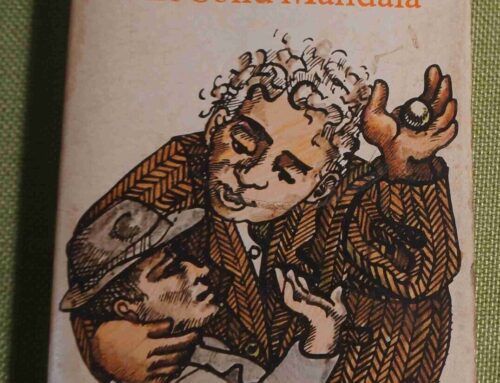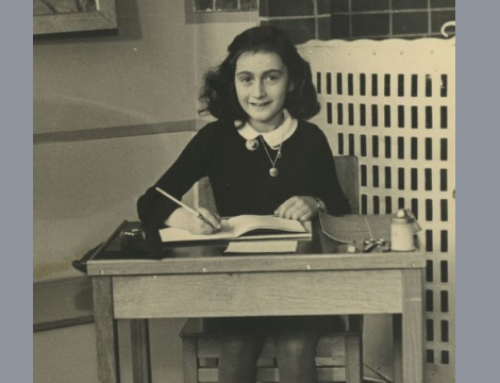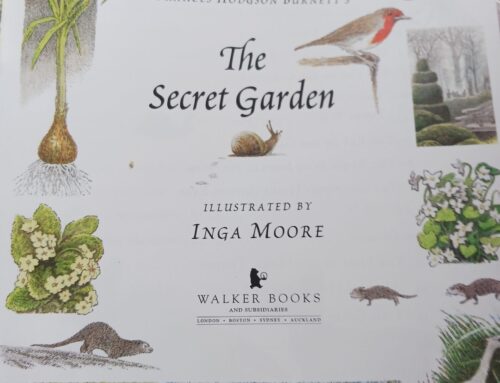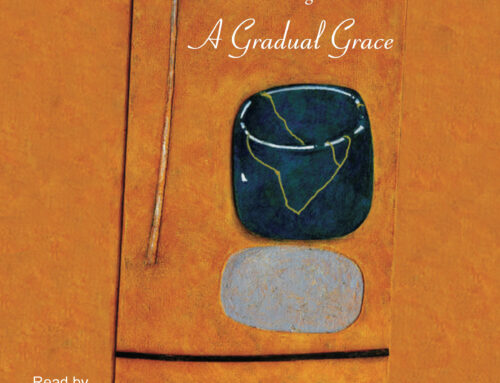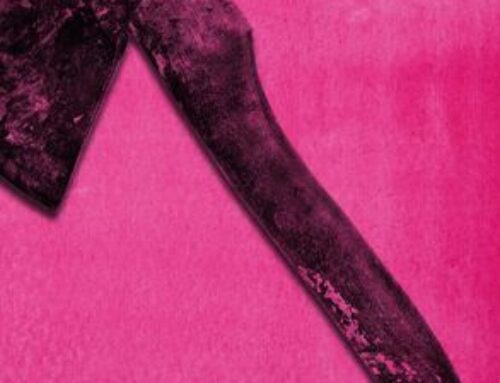I have recently re-read Riders in the Chariot by Patrick White. I think this was his 3rd novel, after The Tree of Man and Voss, both of which I love.
I have mixed feelings about this one, and wonder how others see it. I think it is brilliant, profound, but also disturbing, because his misanthropy is relentless. The four central characters, each of them visionaries, are the focus of the narrative and stand out from the others in their capacity to see beyond superficial appearances and act according to their inner values, rather than the prejudices and pretensions that drive the inhabitants of Sarsparilla — White’s name for Castle Hill, where he and his partner, Manoly, lived for many years.
Mrs Jolley, a widow, takes a position as housekeeper to Mary Hare, the frail, ageing occupant of Xanadu, built by her father as a temple of beauty and good taste, now decaying. Mrs Jolley is a malicious, self-righteous pretender to the Christian faith, who seeks out the evil and the shameful in everyone she meets, and seeks to control and humiliate Miss Hare, who is a nature spirit, a social misfit, and was a disappointment to her parents.
Mrs Godbold is a long-suffering wife and mother, living in a shed, with a drunken, whoring husband whom she tries to save, and six daughters. She takes in washing, and always manages to feed her family and spare food and comfort, when she can, for people the less fortunate.
One of her connections is Alf Dubbo, the ‘half-caste’ man who lives on the fringes, doing a menial job and living an inner life of his vocation of painting the other reality he sees. This reality, the vision of the Riders in the Chariot, described by the prophet Ezekiel in the Old Testament, is glimpsed also by Miss Hare, Mrs Godbold, and the fourth visionary, Mordecai Himmelfarb, a Jewish refugee and Holocaust survivor.
Against these four social misfits and visionaries is set the social world of Sarsaparilla, characterised in the gossiping of Mrs Jolley and her equally malicious friend Mrs Flack, in the scenes in the whorehouse, and in the bike lamp factory where Himmelfarb works. The factory is owned and run by Harry Rosetree, who, with his wife, had been a Jewish reffo. In Sarsparilla, they convert to Catholicism and take up a comfortable middle class life, with pretensions to being ‘everage’ (echoed by Barry Humphries and Edna Everage). Harry is secretly fascinated but appalled by the humility and devotion of his Jewish employee, and witnesses but does not intervene in a cruel , cathartic incident at the factory the day before Good Friday, when Himmelfarb is tortured and humiliated by some workers who have been celebrating a lottery win and are ‘shickered’.
The cruelty and banality of the Australian suburban average that White portrays is relentless. There are small moments of redemption, when the humanity and possibility of goodness in a person are glimpsed, but apart from the four visionaries, I am weighed down by the shallowness and self-deception of the actors.
And yet… the colours and music of the writing, the intensity and clarity of the descriptions, and the haunting power of the central, prophetic vision lifts me out of that weight and makes me want to read more of his books.
